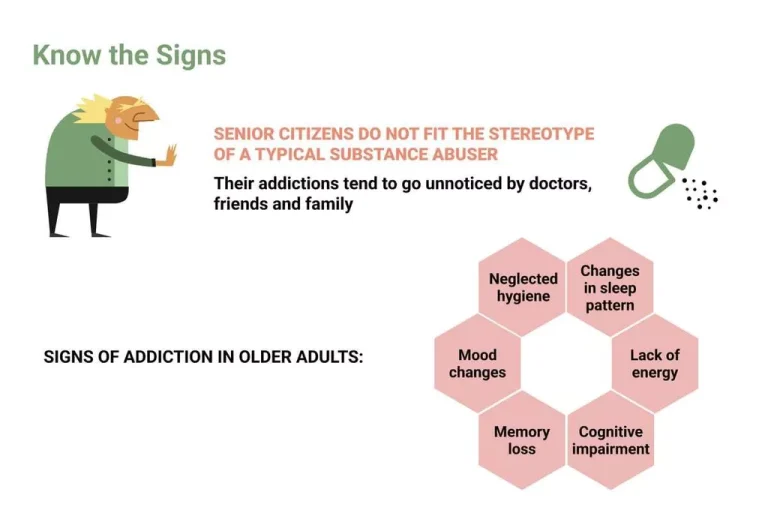
How alcohol affects you, how drunk you get, and how long it lasts depends on several factors. Scaling these risky BAC thresholds is not as difficult as some might think. Maybe you’ve seen what being drunk is like from a TV show or movie, or you’ve heard first-hand from others what it’s like. And since it’s the first time our body is exposed to alcohol, we won’t know what to expect. Let’s take a closer look at some of the factors that can impact first-time drinking.
- The body is unable to feel pain, placing you at an increased risk for life-threatening injury.
- Our loved ones may get tired of taking care of us when we’ve overdone the alcohol, yet again.
- Your body functions will slow so much that you will fall into a coma, putting you at risk of death.
- We hope you’ve found our article on the difference between tipsy vs drunk useful.
Death (BAC: 0.45% or above)
- Personal circumstances and mood also play a role in determining effects.
- As soon as alcohol passes your lips, some of it gets into your bloodstream through the tiny blood vessels in your mouth and on your tongue.
- For some of us, this means doing a bit of extra online shopping.
- It is important to note that alcohol affects individuals differently, and the experience of being drunk can vary from person to person.
- Excessive alcohol use causes approximately 88,000 deaths annually in the United States, according to the Centers for Disease Control and Prevention (CDC).
Getting drunk and losing control can be scary, but treatment is available. If you have questions or are ready to start your recovery journey, we’re here to help. Contact our skilled addiction and mental health professionals at Emerge Healing Center to learn more about our treatment and program options.

How long does it take to feel drunk after drinking?
Here are some of the different ways alcohol may affect your personality, and when you should worry about your relationship with alcohol. If you have food in your stomach, the alcohol will stick around longer. Without food, though, it moves to your bloodstream a lot faster. The more alcohol in your blood at one time, the drunker you’ll feel.
Why Do People Feel Different When Drunk?
- The dancing does not cease until you catch the eye of the cutie over at the bar at which point you reach stage number 5.
- The effects of alcohol on the body and mind can be influenced by factors such as body weight, metabolism, tolerance, and the type and amount of alcohol consumed.
- Alcohol affects the central nervous system, slowing down brain activity and interfering with fine motor skills.
- If you or someone you care about is struggling with alcohol use, don’t hesitate to reach out.
- The more alcohol in your blood at one time, the drunker you’ll feel.
- Following these tips will help reduce the risks of accidents, injuries or other unintended consequences of intoxication.
Seizures may happen or the skin might appear blue or pale as the body is unable to circulate blood. You will have trouble breathing and may choke on your own vomit. BAC is the amount of alcohol in your blood compared to the amount of water in your blood. In the United States, you’re considered legally drunk if you have a blood alcohol concentration of .08 grams per deciliter (dL).

Types of Drunks: Your Personality & Reaction to Alcohol
Hangovers will only worsen the longer alcohol is used since the brain’s regulation processes will make hangover side effects more pronounced over time. When the body is unable to excrete alcohol, all functions will slow. At this point, with a BAC of 0.35% to 0.45%, it is vital that you receive medical attention or else you will die. Certain medical conditions, especially those Sober living house that affect kidney or liver function, can affect how quickly alcohol is metabolized and how it affects you. Heavy drinkers can function with higher amounts of alcohol in their bodies than those who don’t drink as often, but this doesn’t mean they’re not drunk.

Early Signs: Tipsy and Buzzed

However, it’s important to note that excessive alcohol consumption can amplify these effects and potentially lead to risky behaviors or poor decision-making. Experiencing the effects of alcohol can take us on a unique and sometimes unpredictable journey. Being drunk can bring about a range of emotions and physical sensations that vary depending on the level of intoxication. In this section, we will explore what does being drunk feel like the introduction to being drunk and gain an understanding of the different levels of being drunk. Short-term risks of excessive drinking include accidents, injuries, alcohol poisoning, and impaired judgment.


